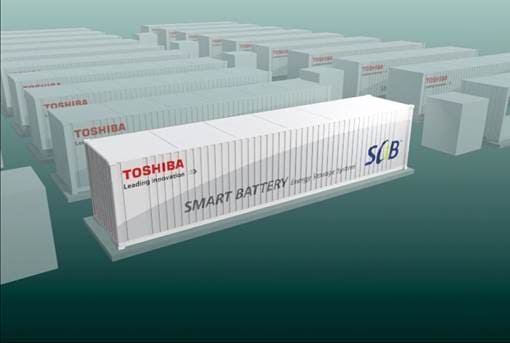Salt into steel
Accessible tourism – it’s time
July 2, 2006Interested in tour guiding?
July 5, 2006A new opportunity for the WA’s Wheatbelt?
The Wheatbelt Area Consultative Committee (ACC) had an amazing report in their June 06 Newsletter, about Ironmaking possibly helping Australia tackle
- salinity;
- renewable energy;
- greenhouse emissions.
For more than 3000 years the world relied on wood char as fuel for smelting, resulting in widespread deforestation. Coal only came in as blast furnace fuel during the 18th century.
Now, three centuries on, we are again looking at charcoal ? this time for environmental reasons. The use of mallee charcoal for ironmaking emerged from a decade of research into the commercial development of mallee as a farm tree crop.
Combining environmental protection with heavy industry, researchers are looking at using charcoal from oil mallee trees for making iron and steel. The trees will be grown in belts in agricultural areas to control dryland salinity by lowering groundwater tables, and reducing greenhouse gases by absorbing CO2.
New research indicates mallee charcoal could be a viable replacement for coke (made from coal) in a bath iron-smelting process.
Mallee charcoal is a renewable source of energy – the next crop of trees absorbs much of the CO2 that is emitted when the charcoal is burnt, reducing the greenhouse impact.
Studies show that if 20 per cent of the coke used to make iron is replaced with charcoal, then non-renewable energy use falls by 13 per cent, as does the overall global warming potential.
If coke is totally replaced by charcoal, non-renewable energy consumption and greenhouse potential both drop by at least 60 per cent.
One drawback is that charcoal is not quite so efficient at reducing iron as coke, but recent work by CSIRO into the physics of the reaction gives promise that this obstacle can be overcome through fine-tuning the conditions under which fuel is injected into the slag bath.
For more info you can contact Dr Stevan Green, CRC for Sustainable Resource Processing 08 6436 8734, 0419 583 461

